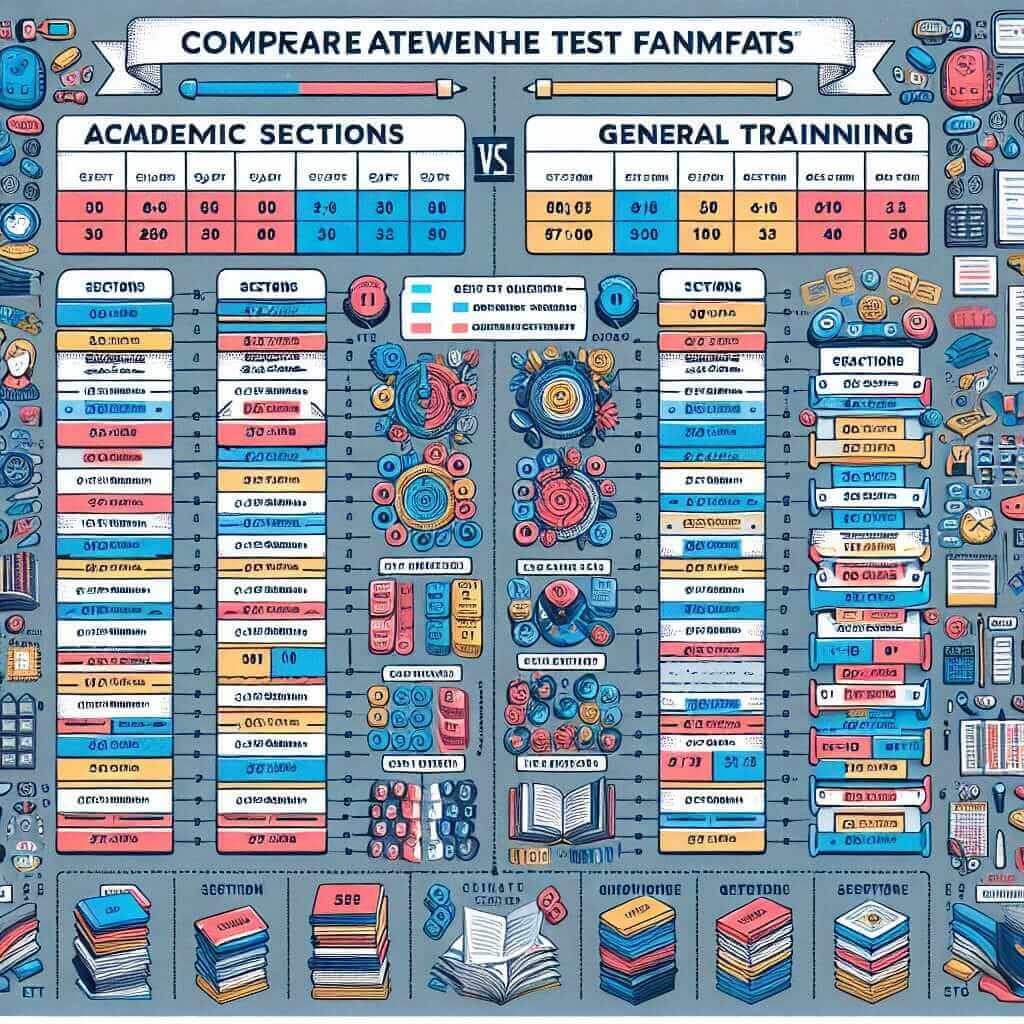For over two decades, I’ve had the privilege of guiding countless individuals on their IELTS journeys. A common question I encounter is, “What’s the difference between IELTS General and Academic?” Understanding this distinction is crucial, as it determines the type of test you should take based on your goals.
Delving into the Core Differences
While both IELTS General and Academic assess your English language proficiency in Listening, Reading, Writing, and Speaking, they cater to distinct purposes:
IELTS Academic: Designed for those aspiring to pursue higher education or professional registration in an English-speaking environment. This test assesses your ability to understand academic language, analyze data, and present arguments logically.
IELTS General: Intended for individuals planning to migrate to an English-speaking country (primarily Australia, Canada, New Zealand, or the UK) or seeking work experience or training programs. It evaluates your everyday English communication skills in social and workplace contexts.
A Closer Look at the Variations
1. Reading Section
-
Academic: Presents three lengthy texts from academic journals, books, or newspapers, often including complex vocabulary and intricate sentence structures.
-
General: Features extracts from advertisements, notices, company handbooks, and other everyday materials. The language used is generally more accessible.
2. Writing Section
Task 1:
-
Academic: Requires describing, summarizing, or explaining visual data presented in charts, graphs, tables, or diagrams.
-
General: Involves writing a letter in response to a given situation, like writing to a landlord or requesting information.
Task 2:
- Both tests: Present an essay question that requires you to provide your opinion, analyze viewpoints, or discuss a particular issue. However, the topics in the Academic test tend to be more abstract and theoretical.

Illustrative Examples from Past Papers
Academic Reading Sample: An article discussing the impact of social media on political discourse.
General Reading Sample: An extract from a guidebook explaining how to apply for a driver’s license.
Academic Writing Task 1 Sample: Describe the trends shown in a graph illustrating the growth of online shopping over a decade.
General Writing Task 1 Sample: Write a letter to your local council, complaining about noise pollution from a nearby construction site.
Tips for Success
-
Choose the right test: Carefully consider your future aspirations and select the appropriate IELTS module.
-
Familiarize yourself with the test format: Understand the structure, timings, and question types for each section.
-
Practice regularly: Engage in consistent practice tests and mock exams to build confidence and time management skills.
-
Enhance your vocabulary: Expand your academic or general vocabulary, depending on your chosen test.
-
Seek professional guidance: Consider enrolling in an IELTS preparation course to receive expert feedback and personalized strategies.
Conclusion
Successfully navigating the IELTS requires a clear understanding of its different modules. By identifying your goals and focusing your preparation accordingly, you can confidently approach the test and achieve your desired results. Remember, consistent effort, strategic planning, and expert guidance are your allies on this journey.